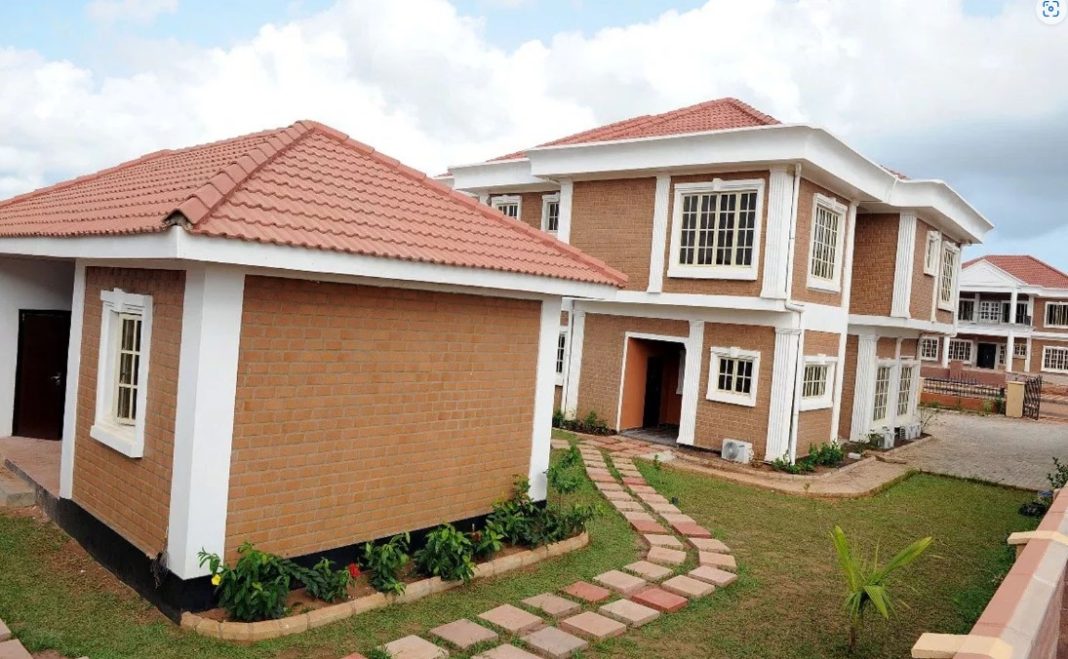Across cities in Nigeria, especially Lagos, Abuja and Port Harcourt, urbanization is increasing at an unprecedented pace, fueled by rural-to-urban migration which, in turn, is driven by people aspiring for economic prosperity and improved living standards.
As rural populations flock to cities in search of employment opportunities and better amenities, the demand for housing and infrastructure surges, reshaping the real estate landscape and presenting both challenges and opportunities for sustainable development.
At a real estate conference hosted by Businessday with the theme, ‘Navigating Real Estate Dynamics: Balancing Rural to Urban Migration, Population Growth and Economic Impacts,’ housing industry players offered insights into what need to be done to accommodate these urban migrants.
In his keynote speech at the event, Moruf Akinderu Fatai, the Lagos State Commissioner for Housing, noted that, on its part, government must prioritize inclusive urban development that caters to the diverse needs of the populace.
This entails investing in affordable housing initiatives, upgrading informal settlements, and revitalizing neglected neighborhoods to create vibrant, livable communities for all residents, irrespective of their socio-economic background.
He added that players must leverage technology and data-driven insights to inform their decision-making processes and optimize resource allocation. He pointed out that embracing smart city solutions, such as digital mapping, urban analytics, and predictive modeling, will enable them to anticipate and mitigate the adverse impacts of rapid urbanization while unlocking new avenues for sustainable growth and development.
He canvassed public-private partnerships and incentivizing responsible real estate investment which, he said, will be pivotal in driving inclusive economic growth and fostering job creation.
He advised, however, that “while we embark on this journey together, let us remember that our actions today will shape the landscape of tomorrow; let us embrace the complexities of our environment with positivity, with open minds and unwavering determination.”
Obinna Onunkwo, the Deputy CEO of Purple, who was a panel discussant at the conference, also advocated partnerships by small and medium scale players in the industry as a way to deliver what is affordable to the urban settlers. An added advantage of this, he said, is that the partners enjoy economies of scale and achieve lower cost housing.
“It’s advisable for this category of developers to come together. In doing that, you may cut out the middlemen if they don’t want to play ball and revise pricing downward. However, it’s all with a goal of delivering a product to the consumer that is affordable,” he said.
Onunkwo added that these developers can also share services in order to lower their costs, explaining that with shared services management structure, these players can do more.
According to him, there is so much waste at project sites. He pointed out that, sometimes, when site work is done, nothing is done with all the containers and excess labour left behind. “You can collaborate with a next-door neighbour developer where you align your workflow together in a manner that before making mistakes with the excess capacity, you can move them to that site, and that will lower your costs, he said
He argued that if developers are able to collaborate across project management, they can have a shared services structure and that will enable them to share costs around, leading to lower prices that can be transmitted to the consumers.
In addition to trying to optimize land use, the discussants also advised that government should play its part by intervening in the skyrocketing prices of construction materials and energy cost.
Odunayo Ojo, CEO, UAC Property Development Company (UPDC), said industry players should partner to create jobs while banks should use their CRR to stimulate activities in the real estate sector. “To make housing affordable, input and infrastructure costs have to come down,” he said.
BusinessDay

































